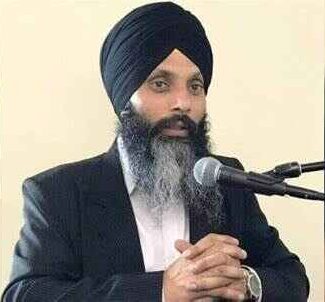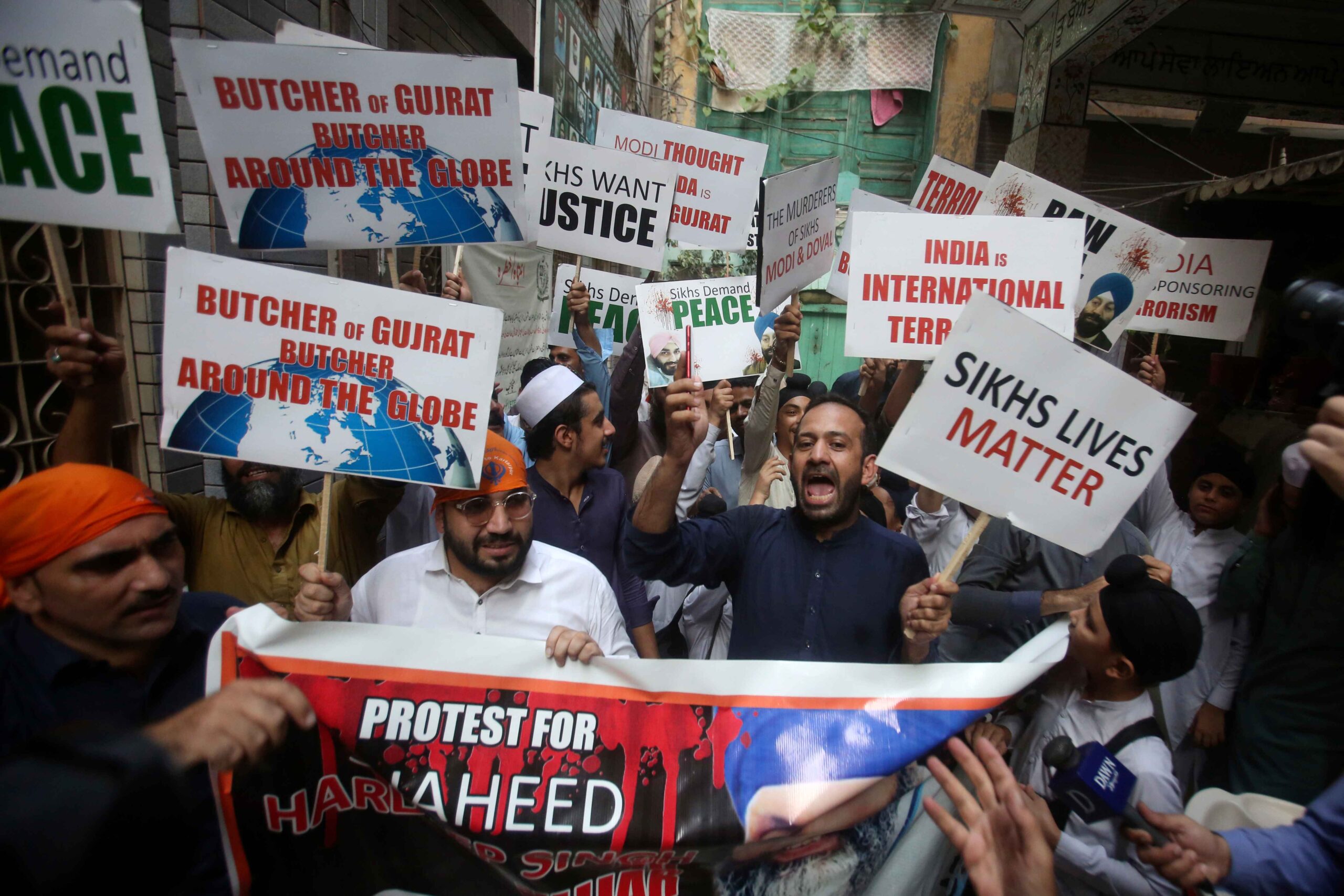Diplomatic relations between Canada and India have deteriorated rapidly following the suspected assassination of a Sikh political dissident on Canadian soil. Prime Minister Justin Trudeau claimed on Monday that the Canadian government had received “credible allegations” linking the Indian government to the June murder of Hardeep Singh Nijjar, leading to a mutual expulsion of diplomats as tensions escalate.

Hardeep Singh Nijjar, a leader in the Sikh religious community, obtained Canadian citizenship in 2015 after emigrating from India in the mid-1990s. In 2020, India labeled him a terrorist for his connections to the Khalistan Tiger Force, a militant separatist movement attempting to establish a sovereign Sikh homeland in India’s Punjab region. Punjab, which is inhabited by nearly 16 million Sikhs, was divided between Muslim-majority Pakistan and Hindu-majority India by the British in 1947.
India’s National Investigation Agency accused Nijjar of “trying to radicalize Sikh community across the world in favor of the creation of ‘Khalistan’” and “trying to incite Sikhs to vote for secession, agitate against the Government of India, and carry out violent activities.” On June 18, Nijjar, 45, was fatally shot in his vehicle by two masked gunmen in the parking lot of a Sikh temple, according to the BBC. Three suspects have reportedly been questioned, but no arrests have been made.
The ensuing investigation into the shooting has suggested that Nijjar’s murder may have been carried out on behalf of the Indian government. According to a statement made before Parliament by Prime Minister Trudeau on Monday, “Canadian security agencies have been actively pursuing credible allegations of a potential link between agents of the government of India and the killing of a Canadian citizen Hardeep Singh Nijjar.”
“Any involvement of a foreign government in the killing of a Canadian citizen on Canadian soil is an unacceptable violation of our sovereignty,” Trudeau continued. “In the strongest possible terms, I continue to urge the government of India to cooperate with Canada to get to the bottom of this matter.”
Learn the benefits of becoming a Valuetainment Member and subscribe today!
Trudeau also revealed that raised the subject with Indian Prime Minister Narendra Modi at this month’s G20 Summit in New Delhi. The results of that conversation seem to have provided little closure on the matter.

Canadian authorities also expelled an Indian intelligence service official on Monday, and India responded in kind on Tuesday, ousting a Canadian diplomat over “growing concern at the interference of Canadian diplomats in [India’s] internal matters and their involvement in anti-India activities.”
Though Trudeau claims he did not intend for this situation to come as a provocation, the Indian government has indignantly reacted to the “absurd” allegations. “We urge the government of Canada to take prompt and effective legal action against all anti-India elements operating from their soil,” India’s foreign ministry said in a statement. “Such unsubstantiated allegations seek to shift the focus from Khalistani terrorists and extremists, who have been provided shelter in Canada and continue to threaten India’s sovereignty and territorial integrity.”
India further criticized Canada’s pro-Sikh leanings, which have reportedly ratcheted up tensions between the two nations in recent years.
The United States, which has cultivated strategic partnerships with both Canada and India, has made an effort to maintain civility between the two countries, but White House representatives have also expressed “deep concerns” about the allegations. National Security Council spokesperson Adrienne Watson further added that it is “critical that Canada’s investigations proceed and the perpetrators be brought to justice.”
Representatives for the British and Australian governments have likewise expressed concerns about India’s involvement in Nijjar’s murder but urge caution and diplomacy in proceeding with the investigation.


















Add comment